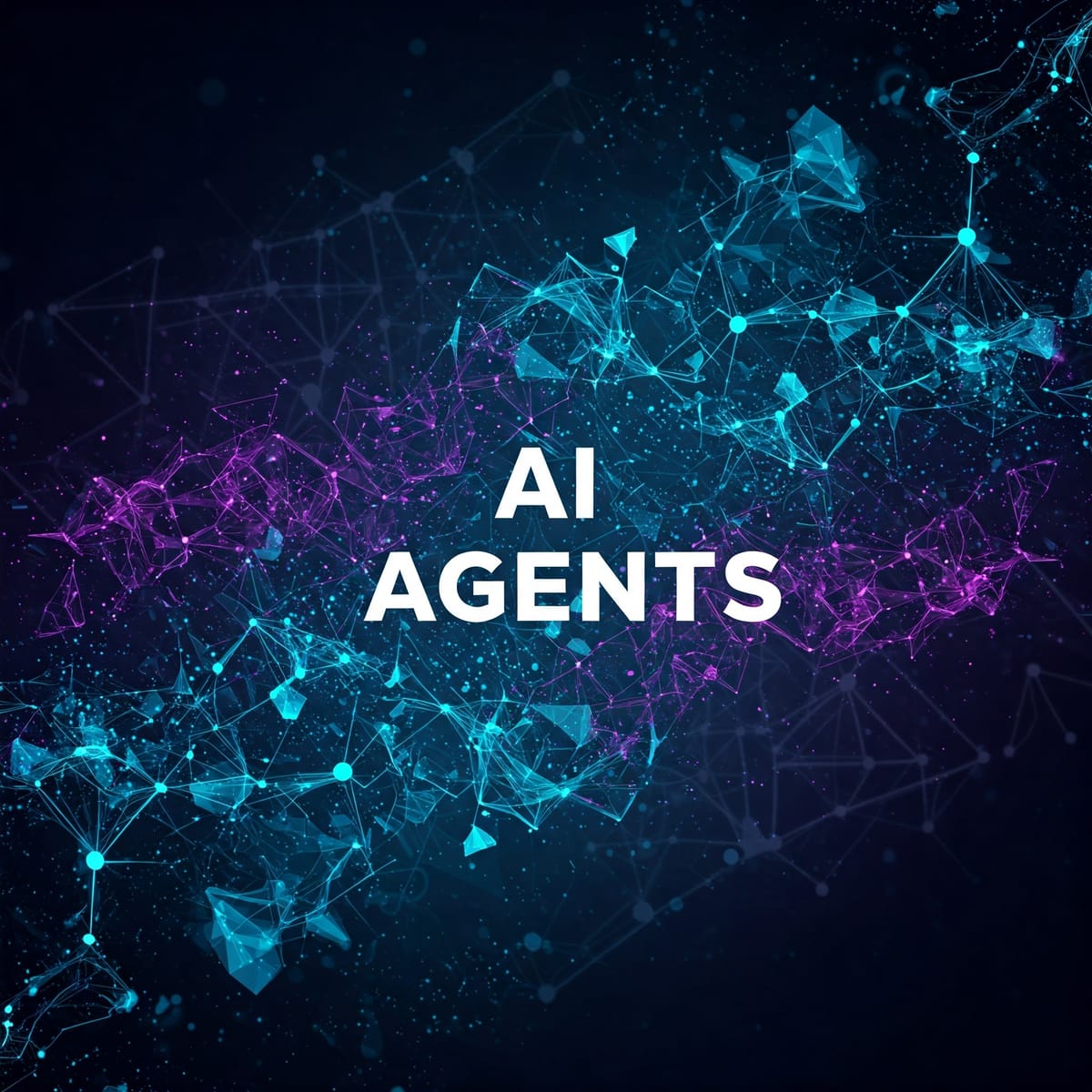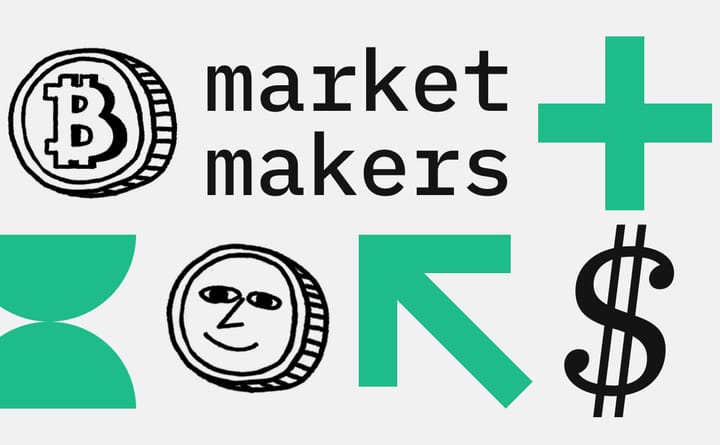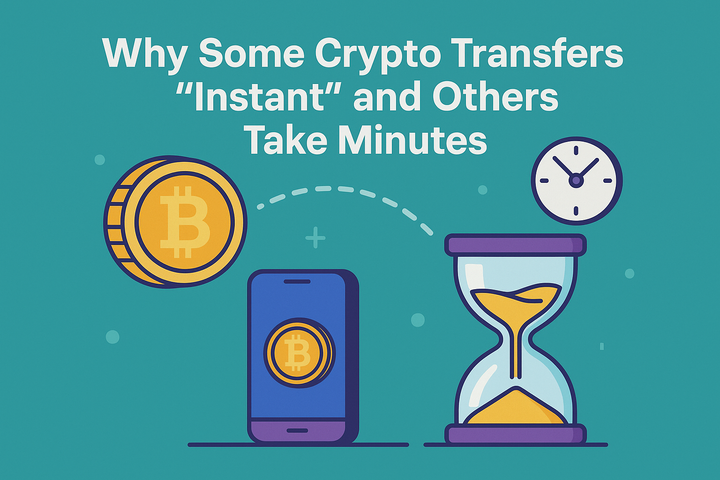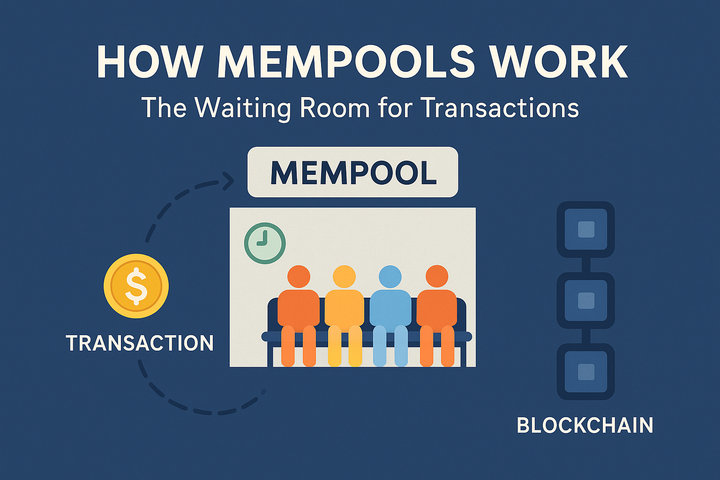On-Chain Intelligence: How AI Agents Are Transforming the Crypto Economy

Introduction
The fusion of artificial intelligence (AI) and blockchain is opening up a new frontier for crypto. While AI has revolutionized industries like healthcare and finance, its growing presence in Web3 is enabling smarter, self-sustaining ecosystems. One of the most promising innovations in this space is the rise of AI agents, autonomous programs capable of making decisions and executing tasks on-chain. These agents are set to redefine how we interact with decentralized systems.
What Are AI Agents in Crypto?
AI agents are not just trading bots or rule-based scripts — they are autonomous, adaptive entities designed to operate within decentralized ecosystems. These agents can:
- Analyze on-chain data in real time.
- Interact with smart contracts autonomously.
- Optimize decision-making using machine learning models.
- Coordinate complex tasks without human intervention.
Think of them as digital co-workers: self-reliant, intelligent, and capable of continuously learning and evolving within the Web3 space.
For foundational context around smart ecosystems, read DeFi’s Legal Awakening or explore Mitosis’s approach to sustainable yield generation.
How Do They Work?
AI agents rely on a layered tech stack to function:
- Data Input: Agents consume real-time data from oracles, blockchains, and external APIs.
- Computation Layer: Machine learning models analyze this data to make informed decisions. Reinforcement learning is commonly used.
- Execution Layer: Actions are performed on-chain via smart contracts or multi-sig wallets.
Some setups include off-chain computation (to preserve gas efficiency) combined with on-chain execution, enabling fast and cost-effective decisions.
Use Cases of AI Agents in Crypto
These agents are already being integrated into a wide range of crypto use cases:
1. Autonomous Trading
AI agents can execute high-frequency trades, predict market movements, and detect arbitrage opportunities across exchanges.
2. DAO Treasury Management
Imagine a DAO with an AI agent managing its treasury, reallocating assets to yield farms, diversifying holdings, and even making funding decisions.
3. DeFi Strategy Optimization
From yield farming to lending protocols, AI agents can monitor changing APYs and switch strategies automatically to maximize returns.
4. Governance Participation
AI agents can be programmed to vote on governance proposals based on pre-defined principles or real-time sentiment analysis from social feeds.
5. Prediction Markets
AI agents can ingest data and place informed bets in decentralized prediction markets, effectively becoming on-chain analysts.
Related: Explore how regulations are catching up with DeFi in DeFi’s Legal Awakening.
Real-World Examples
Several projects are pioneering this space:
- Fetch.ai – A network of autonomous economic agents that can book hotels, trade data, and more.
- Numerai – A hedge fund powered by AI predictions aggregated from thousands of data scientists.
- Autonolas – Focused on composable autonomous agents for Web3 coordination.
- Morpheus – AI-native governance for decentralized protocols.
For more on how AI models interact with financial environments, see AI Agents and Financial Modeling.
The Benefits of AI Integration
The adoption of AI agents in crypto brings numerous benefits:
- Automation: 24/7 operation without human input.
- Scalability: Manage large volumes of data and assets without fatigue.
- Objectivity: Remove emotion from trading and governance.
- Efficiency: Continuously optimize yield and capital allocation.
Challenges and Risks
However, integrating AI into decentralized ecosystems is not without hurdles:
- Security: Bugs or vulnerabilities in code can lead to major losses.
- Regulation: Legal frameworks for autonomous agents in finance are unclear.
- Bias: AI models can inherit biases from training data.
- Ethics: Delegating too much control to machines could have unintended consequences.
What’s Next for AI in Crypto?
The next wave of innovation might include:
- AI-as-a-service on-chain – Rent an AI agent for a task, like treasury management.
- Legal contracts run by AI – Agents could interpret or generate smart legal agreements.
- Restaking and RWA optimization – AI agents maximizing returns across real-world assets and liquid staking platforms.
As more tools like zkML and decentralized compute emerge, expect AI agents to become faster, cheaper, and more powerful.
Conclusion
AI agents are reshaping how we interact with crypto, from DAOs and DeFi to trading and governance. They're not just automating tasks; they're laying the groundwork for autonomous economies. As the infrastructure matures, these agents could become core components of every major decentralized protocol.
For further reading, check out:



Comments ()